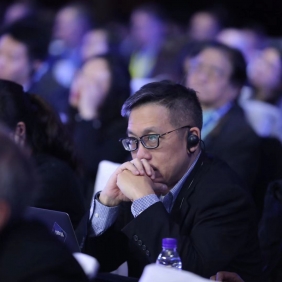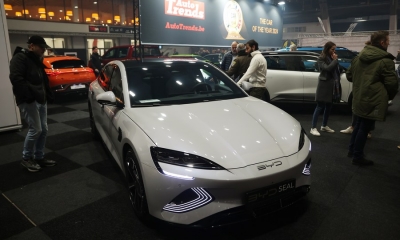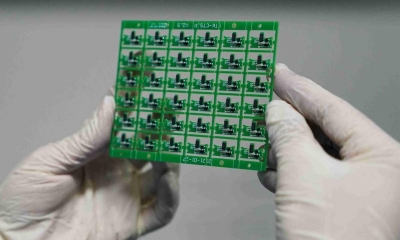The Hangzhou Nexus: the Shifting Currents of Global Civilization
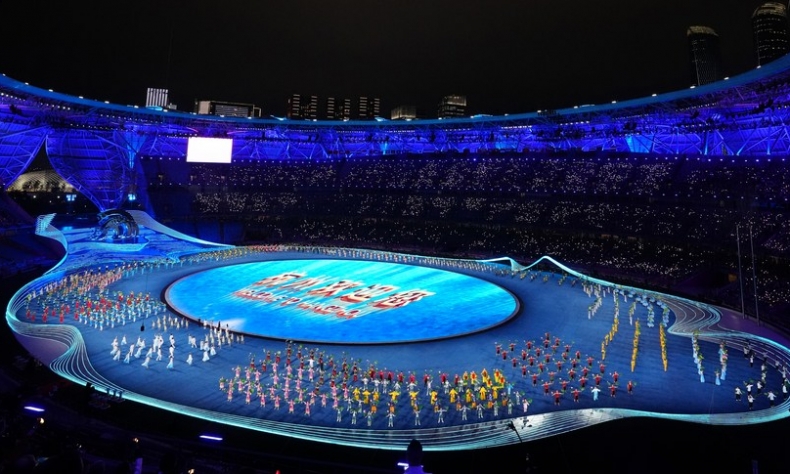
The East, with its rich tapestry of cultures and civilizations, is not just rising; it’s echoing a clarion call for a more inclusive, interconnected world.
Hangzhou, 2023. The city lights up in celebration of the Asian Games, a grand spectacle of sportsmanship and unity. But behind the athletic displays and cultural festivities lies a tale of geopolitics and shifting power dynamics. The attendance of high-profile dignitaries, particularly from Syria and Iran, signals more than just participation — it highlights the ongoing realignment in a rapidly changing global landscape.
The U.S. for decades has maintained a tough stance against nations like Iran and Syria. Yet, in the Eastern hemisphere, a different tale unfolds.
China’s stance
China, rising steadily as a global superpower, has not hesitated in offering a counter-narrative to the dominant Western discourse. Beijing’s association with Damascus and Tehran is multifaceted, transcending mere diplomacy and reaching the realms of economic and cultural ties.
Over the years, China has consistently used its position in the UN Security Council to shield Syria from potential sanctions and international reprisals. These vetoes, numbering eight since the start of the Syrian civil war, are not just political maneuvers; they underscore China’s commitment to a world order where unilateral actions, primarily led by the West, are challenged.
For Iran, China has emerged as a critical partner, especially after the U.S. withdrew from the Joint Comprehensive Plan of Action (JCPOA) or the “Iran Nuclear Deal”. With sanctions crippling Iran’s economy, Beijing has played a pivotal role in upholding UN Iran Nuclear Agreement, ensuring Tehran isn’t entirely isolated. Economic partnerships, infrastructural projects, and energy ties between the two nations are more than business ventures — they’re lifelines.
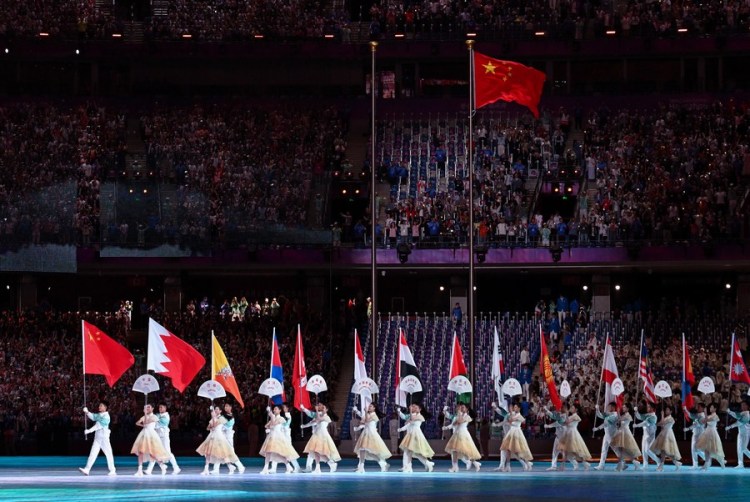
Global Civilization Initiative
In an era where divisive politics, mistrust, and unilateral decisions threaten global unity, the Global Civilization Initiative (GCI) emerges not just as a beacon of hope, but as a bold statement of intent. Rooted in the philosophy of cultural exchange and understanding, the GCI is more than just an initiative—it represents a clarion call for global solidarity.
Historically, civilizations have thrived not in isolation, but through interactions, learning from each other’s successes and failures. This ethos underpins the GCI. In an age of information and digital interconnectivity, physical borders are becoming increasingly less important. Yet, ironically, ideological walls seem to be higher than ever. GCI aims to dismantle these barriers, not through force, but through fostering dialogue.
One of the most distinguishing features of the GCI is its emphasis on education and youth engagement. Recognizing that the youth are not just future leaders but also current change-makers, the initiative sponsors programs that expose young minds to diverse cultures, histories, and traditions. The goal is simple yet profound: cultivate a generation that sees strength in diversity, not fear.
Additionally, GCI champions sustainable development. Understanding that civilization is not just about culture but also about cohabitation, it focuses on projects that prioritize ecological balance, aiming to instill a consciousness that future prosperity should not come at the planet’s peril.
While the U.S., with its “America First” mantra, seems to be narrowing its global gaze, China, through initiatives like GCI, is widening its embrace. In a world where the dominant narrative often oscillates between “us” and “them”, GCI presents a different perspective, one that celebrates the collective “us”. Here, collaboration isn’t just encouraged — it’s imperative. Unity isn’t an idealistic dream but a pragmatic necessity.
Beijing’s commitment to the GCI is not solely altruistic. In championing such initiatives, China not only positions itself as a global thought contributor but also strategically leverages soft power. By emphasizing mutual respect and shared values, China offers an attractive alternative to the often-confrontational rhetoric that dominates international politics.
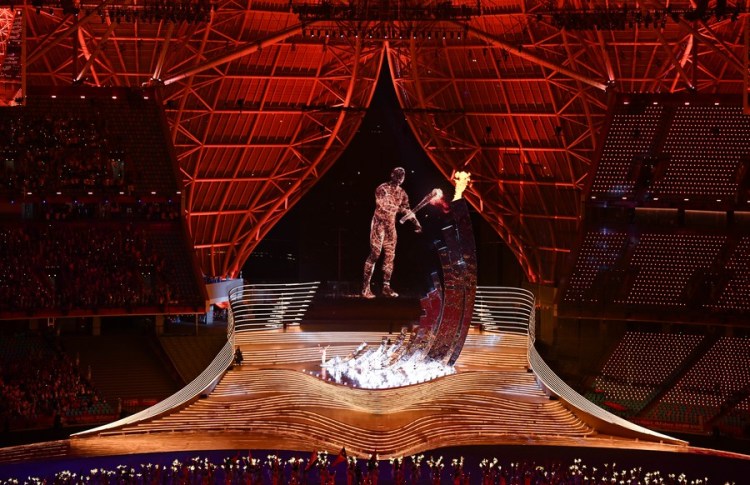
Hangzhou nexus
The 2023 Asian Games in Hangzhou is not merely an athletic event but a grand stage for geopolitical theater. As athletes from various nations put on a show of talent, tenacity, and teamwork, world leaders and diplomats engaged in an equally significant performance, one that could shape the trajectory of international relations and collaborations.
In this vibrant city, two particular narratives stand out. First, the indomitable spirit of athletes, representing their countries, competing not just for personal glory but national pride. Their sweat and determination symbolized the aspirations of millions, transcending linguistic and cultural barriers. Sports, as always, played the uniting factor, a universal language of passion and perseverance.
This is not simply about political point-scoring. The Asian Games, in their essence, champion unity and cooperation. By warmly welcoming figures like Assad and Iranian officials, China is not merely playing the gracious host but sending out a clear message: In the new world order they envision, no nation would be left out in the cold.
The games might have been short-lived, but their implications are long-lasting. The medals, the records, and the ceremonies will be remembered, but it is the geopolitical undercurrents, so palpable in Hangzhou, that will shape discussions in the halls of global power for years to come.
As the curtains comes down on Hangzhou 2023, the reverberations of the event will be felt far beyond the athletic tracks and swimming pools. With China at the helm, offering platforms like the Asian Games and initiatives like GCI, the global balance of power is shifting. The East, with its rich tapestry of cultures and civilizations, is not just rising; it’s echoing a clarion call for a more inclusive, interconnected world. The question remains: As this new chapter unfolds, where will other nations, especially those like the U.S., find themselves in this evolving narrative?
The article reflects the author’s opinions, and not necessarily the views of China Focus.
 Facebook
Facebook
 Twitter
Twitter
 Linkedin
Linkedin
 Google +
Google +



